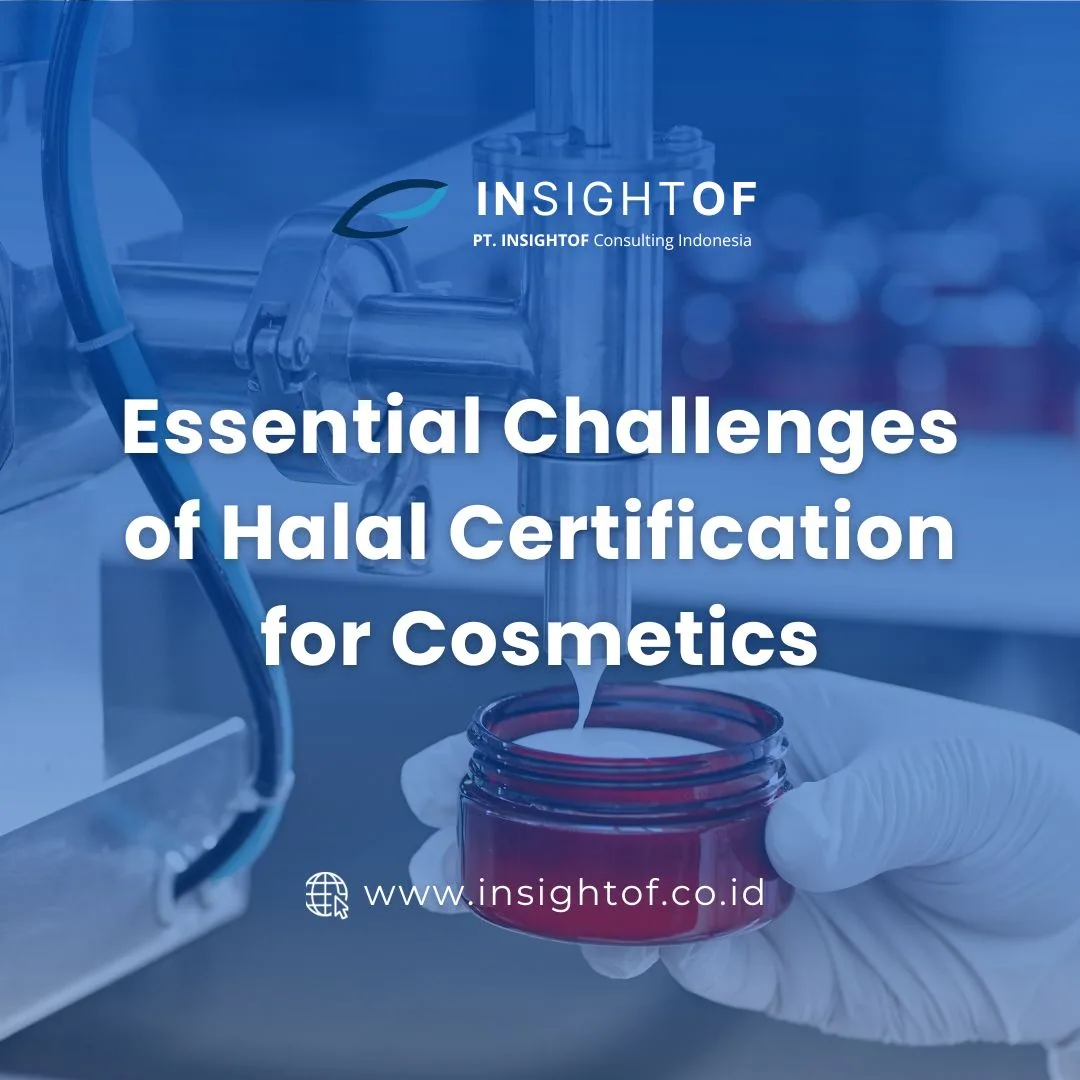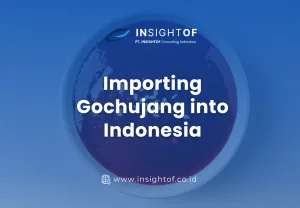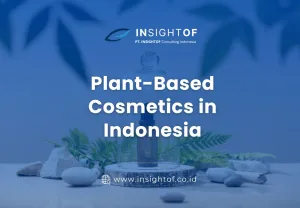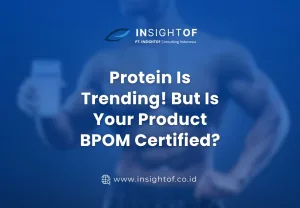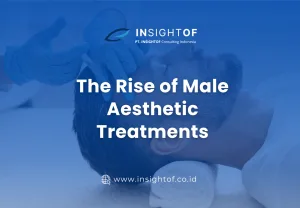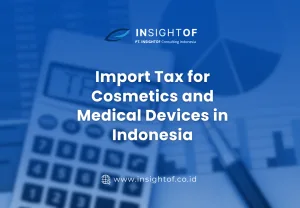Key Requirements and Challenges in Obtaining Halal Certification for Cosmetics
The halal certificate ensures that one product follows the Islamic way of living and is allowed to be consumed by Muslims. In cosmetics, for instance, this translates into tight control over the ingredients but also over the production process. According to Muti Arintawati, Director of LPPOM MUI, here are some pivotal issues in the halal regulatory framework:
- Lifetime Validity: Halal Certificate, issued by the BPJPH, is valid a lifetime; provided on the condition that there is no change in ingredient composition, processes applied, or the product itself.
- Mandatory Certification: This implies that all cosmetic products must have a halal certificate, or, alternatively, indicate their non-halal status.
- Source of Ingredients: Materials used in the process and products, additives, or process aids, need halal certification support.
- The implementation of SJPH must meet the five criteria in SJPH: Covering five aspects, commitment and responsibility, materials, process of Halal product, products, and monitoring and evaluation.
- The presence of a competent and religious supervisor who is a Muslim trained and certified for competence is a compulsory requirement.
Although the regulations regarding halal certification are clear, but getting certified isn’t as simple as it seems. Manufacturers face challenges ranging from ingredient sourcing to ensuring clean production processes. For cosmetic manufacturers, the halal certification process involves multiple stages, including ensuring that all raw materials used meet halal standards and are processed in facilities separate from haram substances. Among the many aspects that need attention, the halal cosmetics industry also faces various challenges from both the suppliers or raw material manufacturers and the product manufacturers.
Challenges from the Raw Material Supplier (Raw Material Producer) Perspective

Raw material suppliers must have a detailed understanding of halal requirements. Some of the challenges they face include:
- Trade Names and Material Codes: Many cosmetic ingredients are labeled with different trade names, while materials of the same type but with different codes can have different halal statuses.
- Composition Complexity: Cosmetic ingredients often consist of complex bases, sub-bases, or premixes, which complicates the determination of halal status.
- Production Facilities: Some ingredients are produced in facilities that are not free from pork contamination, requiring strict oversight to meet halal standards.
Challenges from the Product Manufacturer Perspective
Product manufacturers need an understanding of how to establish and implement a Halal Assurance System (SJH) in line with applicable business processes. The challenges they encounter include:
- Complex Materials and Diverse Products: Cosmetic manufacturers work with a wide variety of ingredients and produce a range of products, each with different standards.
- Varied Production Sites: Products may be made in their own facilities or by third parties, adding complexity to meeting halal standards.
- Regulatory Changes: Halal assurance regulations in Indonesia continue to evolve. The list of recognized Halal Certification Bodies (HCB) or Halal Certification Organizations (LSH) approved by BPJPH may be unavailable or may have changed accreditation status.
Challenges in Ensuring the Halal Status of Cosmetic Products
One of the major challenges faced is ensuring that production facilities do not mix halal ingredients with non-halal or impure ingredients. For example, in the production process, a facility processing halal ingredients may be used alongside materials containing non-halal or impure elements. Critical points in cosmetics and personal care products can originate from animal sources, human microbes, synthetic materials, and plants. Even when sourced from plants, the extraction process using alcohol must ensure that it does not come from intoxicating substances (khamar). Therefore, facility owners (contract manufacturers) and ingredient suppliers must understand and implement the Halal Product Assurance System (SJPH) and maintain strict standards to ensure that the resulting products meet halal criteria. This is a significant challenge in the halal cosmetics industry.
Another important aspect in testing halal cosmetics is whether the product is waterproof. Halal cosmetics need to be tested to ensure that water used for ablution (wudhu) can penetrate the skin layers without obstructing the worship process for Muslims. Of course, these characteristics are difficult to identify just by sight. Further testing is required to ensure that all cosmetic ingredients are safe and halal to use. Halal certification for cosmetics also provides assurance that the water from wudhu can cleanse and penetrate the skin layers, ensuring the Muslim worship process is valid.

Additionally, issues related to the use of cosmetic tools such as brushes and combs need to be considered, as some of these tools are made from animal hair, which should be ensured not to be sourced from animals considered haram, such as pigs, in accordance with halal standards. These challenges highlight that obtaining valid halal certification requires not only cosmetic manufacturers to meet the criteria but also raw material suppliers to have a correct understanding of halal requirements.
Sources:
4 Alasan Ini Mengharuskan Kosmetik Sertifikasi Halal | LPPOM MUI (halalmui.org)

